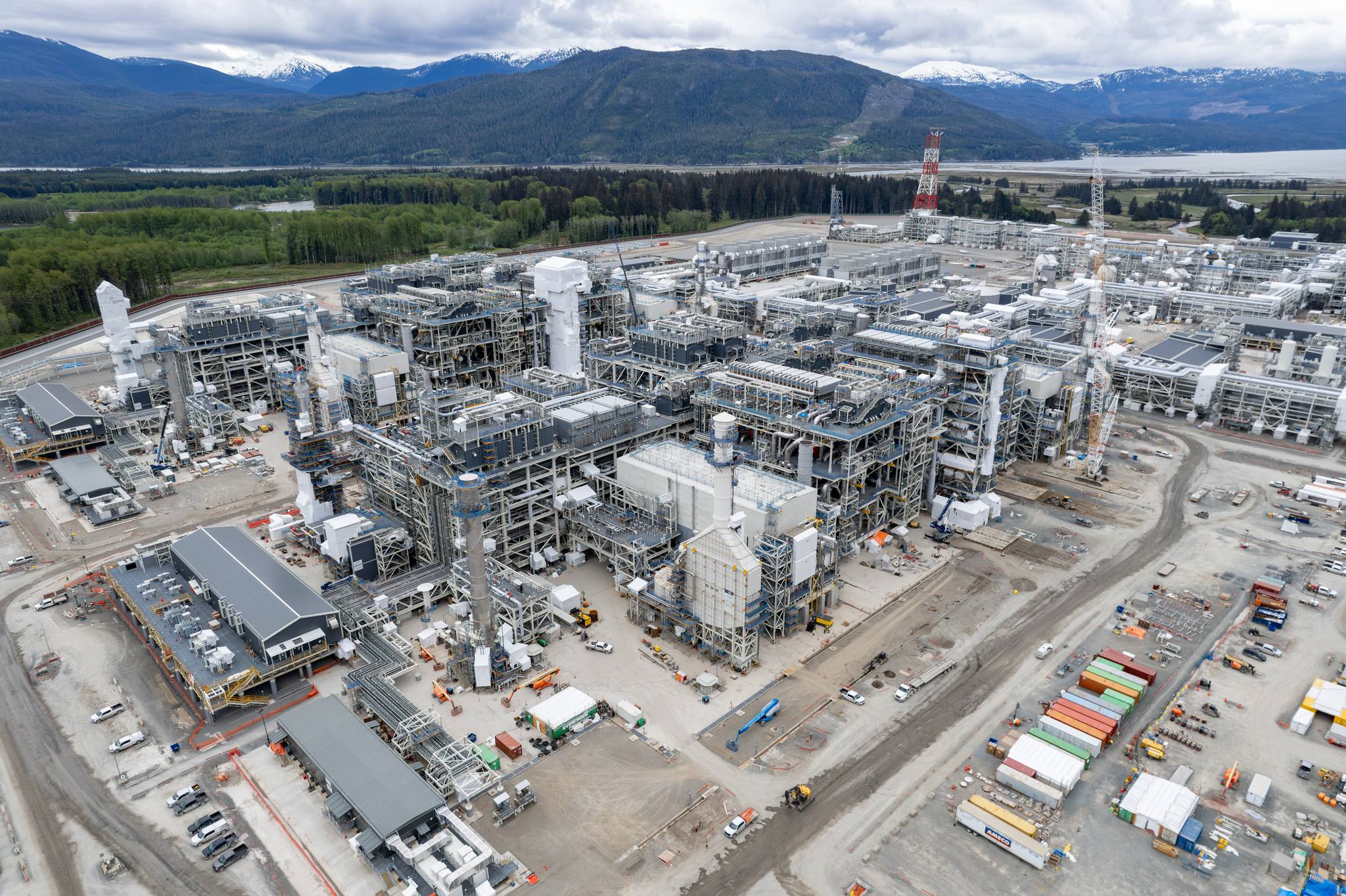This story requires a subscription
This includes a single user license.
LNG Canada said in a statement on Wednesday that it continues to conduct commissioning and safe start-up activities for the first phase of the giant project.
These activities include taking receipt of a cargo of refrigerants (liquefied petroleum gas), delivered to LNG Canada by the tanker Gaschem Atlantic, it said.
The ship began its voyage on the Delaware River in Pennsylvania, and travelled to B.C.’s Pacific coast via the Panama Canal.
It will be anchored in early August at the Port of Prince Rupert, prior to its arrival at the LNG Canada marine terminal where it will be unloaded, it said.
LNG Canada noted that most modern LNG projects receive refrigerants in their commissioning and start-up processes.
The refrigerants will be used to cool natural gas delivered to LNG Canada via the Coastal GasLink pipeline.
“This will help us minimize flaring activities. Once we are in operations and producing LNG, we will produce our own refrigerants,” LNG Canada said.
LNG Canada expects to begin flaring activities in August.
Middle of 2025
LNG Canada said in the statement that the project “remains on track to ship first cargoes of made-in-B.C. LNG by the middle of 2025.”
Shell’s CEO Wael Sawan also said during the company’s second quarter results call on Thursday that Shell is “working hard” to achieve first production from the project by middle of the next year.
Sawan did not provide further details.
In February this year, he said that the LNG Canada terminal is more than 90 percent complete and the project is preparing to launch commissioning activities later this year.
This is the first large LNG export terminal in Canada. Contractor JGC Fluor is constructing the first phase of the giant LNG Canada project that includes two liquefaction trains with a capacity of 14 mtpa in Kitimat, British Columbia.
Last year, TC Energy’s Coastal GasLink pipeline, which will supply natural gas to the LNG Canada terminal, was mechanically completed.
Besides operator Shell, other partners in the project include Malaysia’s Petronas, PetroChina, Japan’s Mitsubishi Corporation, and South Korea’s Kogas.
LNG Canada said in the December update that the project was more than 85 percent complete and that it expects to begin start-up activities, which will last more than a year, in 2024.

